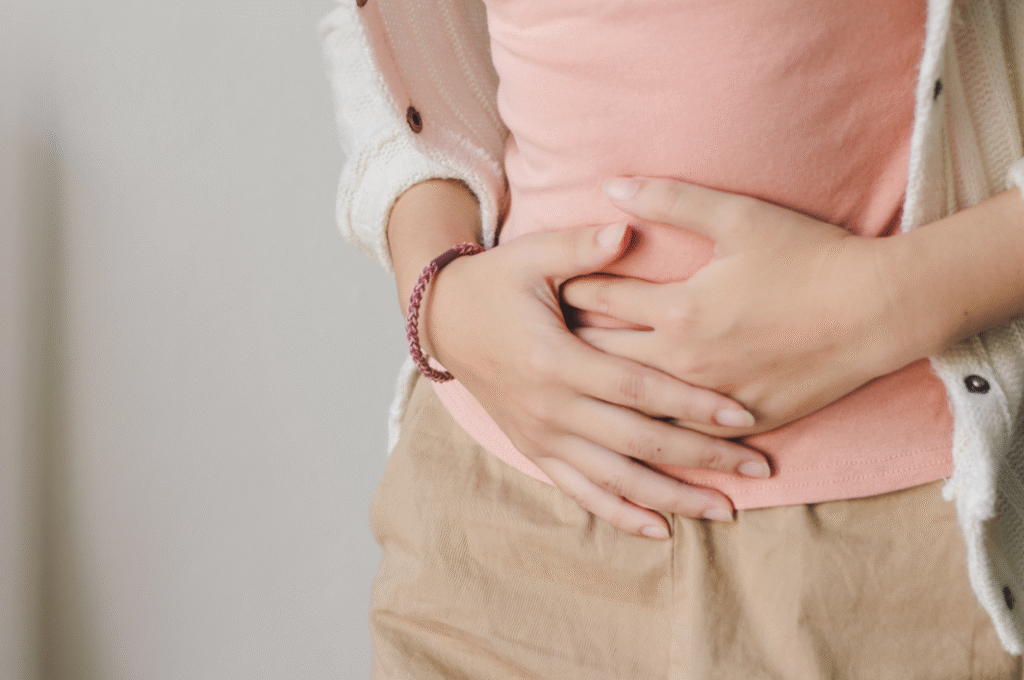Taking an emergency contraception pill — often called the morning-after pill — can naturally lead to a lot of questions, not just about how well it works, but also about what to expect in the days that follow.
Some people feel fine. Others might notice subtle or slightly more noticeable changes. Either way, it’s usually nothing to worry about. Hormonal shifts are responsible for most symptoms, and how you feel can depend on when in your cycle you took the pill and how your body typically reacts.
This guide walks you through what you might experience in the days and weeks after taking emergency contraception.
Day One: Immediate Symptoms
Within the first 24 hours, you might feel slightly different — or you might not notice much at all. Both are completely normal.
Common early symptoms include:
- Nausea: A frequent side effect caused by the sudden hormone surge.
- Dizziness or feeling lightheaded: Temporary and usually mild.
- Vomiting: If you vomit within two hours of taking the pill, it may not be effective. Speak to a healthcare professional — you may need another dose.
Eating a small snack or sipping water slowly can help ease queasiness.
You might also notice spotting or light bleeding. This isn’t usually a sign of pregnancy — it’s just a reaction to the hormonal change.
And if you feel absolutely nothing? That’s fine too. It doesn’t mean the pill isn’t working.
Day Two: Hormonal Adjustments

By day two, your body is still adjusting to the changes. Symptoms might feel a little like premenstrual syndrome (PMS), but with slight differences.
You could experience:
- Breast tenderness: Similar to normal cycle soreness. Wearing a soft bra and cutting back on caffeine may help.
- Mild cramping: Gentle abdominal discomfort can happen as hormone levels shift.
- Feeling tired: Rest when you can — your body is working hard behind the scenes.
Your period may also start behaving differently: it might arrive earlier, later, or feel lighter or heavier than usual.
If your next period is more than a week late, it’s recommended to take a pregnancy test for reassurance.
Days Three and Four: Settling Symptoms
During these days, some symptoms may continue:
- Light spotting or bleeding: Still considered normal.
- Mood changes: Feeling a bit low, irritable, or teary can occur but usually passes quickly.
- Headaches: Keeping hydrated and resting can help.
- Bloating: Often eases with lighter meals and plenty of water.
If bleeding becomes heavy or persistent, or if emotional symptoms feel overwhelming, it’s a good idea to seek medical advice.
Days Five to Seven: Returning to Normal
Most side effects tend to settle within the first week.
By now:
- Any spotting or unusual bleeding should start to ease off.
- Nausea should lessen significantly.
- Mood swings should begin to balance out.
If nausea or other symptoms are still strong after a week, it’s important to speak to a healthcare provider to rule out other causes.
The Following Weeks: Period Changes

Your next period might be a little unpredictable:
- It could arrive early, late, or be lighter or heavier than usual.
- Some people find it takes one or two cycles to fully return to normal.
If your period is more than seven days late, take a pregnancy test.
Emergency contraception works well when used correctly, but no method is 100% guaranteed.
If your test is negative but your period still hasn’t arrived after a few days, repeat the test and speak with a healthcare provider if needed.
Important Notes
- Effectiveness: Emergency contraception is most effective the sooner it’s taken after unprotected sex.
- Types of Pills: There are different types of emergency contraception pills, including levonorgestrel-based pills (effective up to 72 hours) and ulipristal acetate (effective up to 120 hours). Timing matters — so earlier is better whenever possible.
- Seek Help If: Symptoms are severe, worsen over time, or if you have concerns about pregnancy or prolonged cycle changes.
Final Thoughts
Emergency contraception can offer important reassurance after unprotected sex, though it’s completely normal for your body to feel a little unsettled in the days that follow.
Most symptoms are mild and settle quickly. Your period might arrive a little differently than usual, but everything typically returns to normal within a cycle or two.
If your period is delayed by more than a week, a pregnancy test provides clear next steps. And if anything feels unusual, getting advice from a healthcare professional is the best course of action.
Contact us, we provide access to confidential consultations with UK-registered healthcare professionals, helping you get the support you need when you need it.


